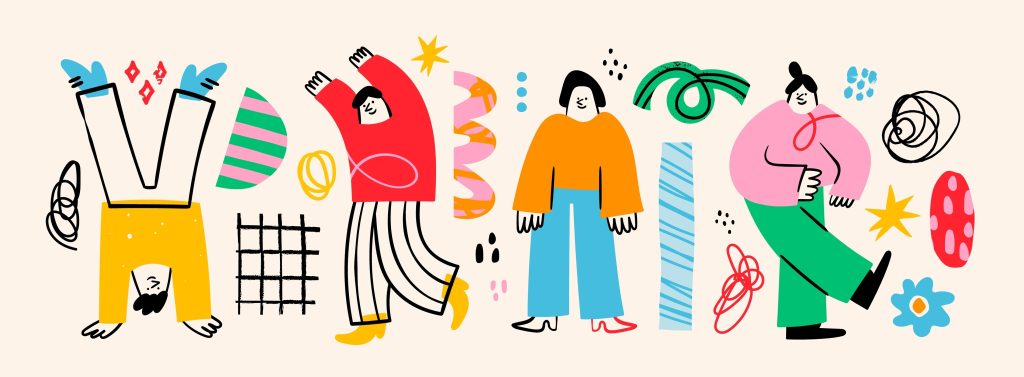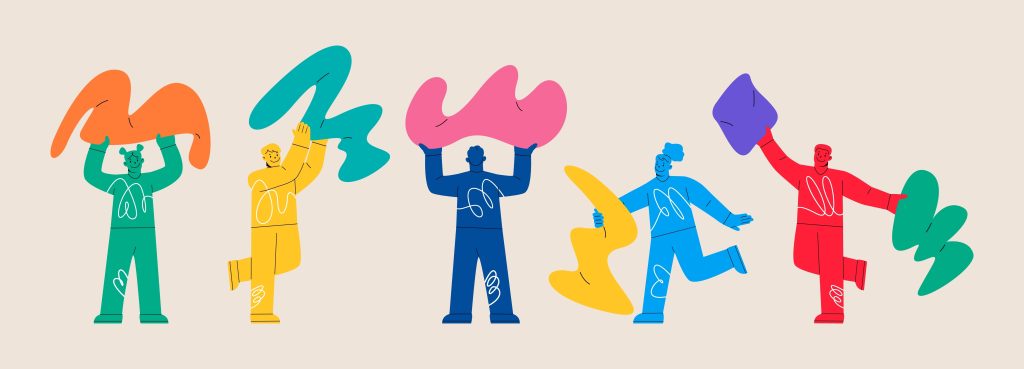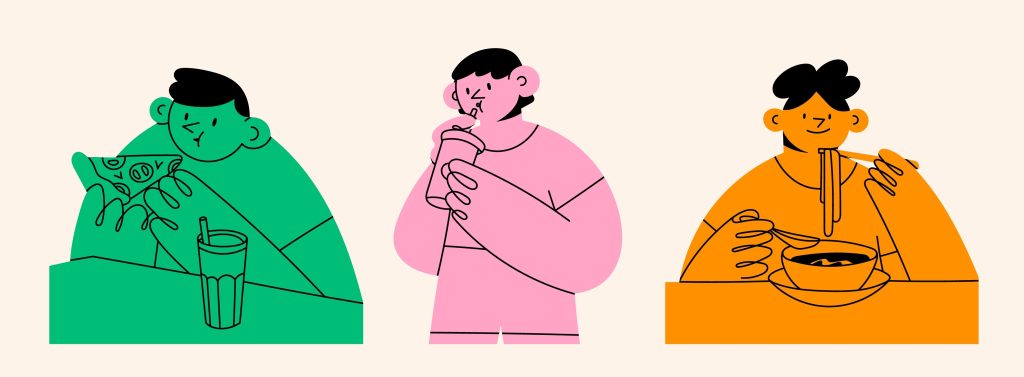NeuroTriadic Method™️
A three-pathway approach to cognitive, emotional and social development.
The NeuroTriadic Method™️ is a structured, neuroscience-informed framework that activates three interconnected pathways — Movement, Art, and Community — to nurture the growth of neurodiverse learners. By aligning the brain, body, and environment in purposeful engagement, this triadic model fosters stronger cognitive skills, emotional regulation and social connection.
Mindful Practices & Relaxation
Gentle practices such as stretching, breathing exercises and Jin Shin Jyutsu touch therapy help learners feel calm and centred. These practices regulate emotions, build body awareness and promote balance. A steady breath and relaxed body set the stage for better attention and focus.
Coordination & Motor Skills Training
We strengthen rhythm, balance and movement patterns that support everyday independence. Through coordination drills and reflex-integration activities, learners improve how their brains and bodies work together. This not only develops motor skills but also enhances cognitive abilities such as planning, sequencing and sustaining attention.
Sports & Social Play
Inclusive sports like badminton encourage fitness, teamwork and joy. Learners build stamina, cooperation and communication skills while enjoying friendly games. Sports also provide a natural avenue for social connection, making movement an enjoyable and motivating part of daily life.

Movement – The Foundation of Learning
At Cognitive by TAP, we see movement as the foundation of learning. When learners move their bodies with purpose, they also sharpen their minds. Movement is more than physical fitness — it enhances focus, executive function, sensory processing, and self-regulation, equipping our learners with the tools to engage more confidently in every area of life.
K.I.S Art Program (LITE)
Our award-winning KIS Program combines art with analytical thinking in simple, structured steps. Learners practice visual discrimination, attention to detail, planning, and working memory, while developing reasoning and problem-solving skills without feeling overwhelmed.
Creative Arts Programs
Learners explore visual, digital and craft-based mediums — from Japan pastel art and painting to 3D pen creations and digital design. Each project nurtures self-expression while strengthening fine motor skills, visual-spatial awareness and sensory integration.
Vocational Art Projects
Art becomes a pathway to the future. Learners create marketable artworks, digital designs, or handcrafted items that can be showcased or sold. This fosters pride and achievement while opening doors to vocational opportunities and financial independence.

Art – The Spark of Creativity and Critical Thinking
Art is at the heart of our NeuroTriadic Approach. It is more than drawing or painting — it is a powerful way for learners to express themselves, think critically, and discover new possibilities. Through art, our learners unlock creativity while building patience, problem-solving skills and focus.
Life Skills Training
Learners build essential abilities such as communication, self-care, shopping, budgeting and commuting. These practical skills empower them to navigate daily routines with greater independence.
Social-Emotional Skills
We place strong emphasis on self-awareness, empathy, resilience and relationship-building. In supportive environments, learners practice emotional regulation and develop meaningful connections with others.
Community Integration Activities
Learners engage in gardening, volunteering and community events at places like Our Tampines Hub. These opportunities are enriched through the use of common spaces and sports facilities for exercise, as well as collaborations with corporates through CSR projects. Such experiences foster teamwork, social interaction and active participation in inclusive community life.

Community – The Pathway to Independence and Belonging
Community is where learning comes alive. Our programs help learners gain independence, build confidence and feel a sense of belonging. By stepping into real-life settings, they practice skills that prepare them for adulthood and meaningful participation in society.
